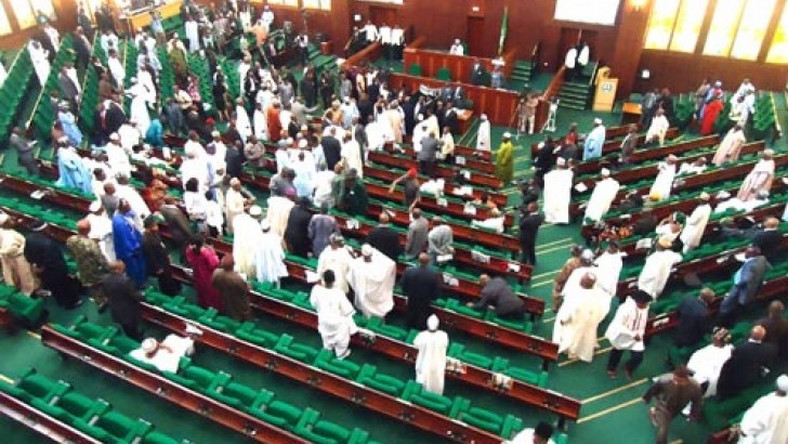By Ajuma Edwina Ogiri
With about 1.2 billion children out of schools in Nigeria following COVID-19 pandemic, the House of Representatives says it has become imperative for the Federal Ministry of Education and other regulatory agencies to include online education and modular system in schools’ curricular across the country.
The lawmakers said since most states had closed schools to contain the virus e-learning and teaching was a viable option.
“The closure of schools, occasioned by COVID-19, has kept over 1.2 billion children out of the classroom and as a result education has changed drastically with the increase in the use of e-learning whereby teaching is undertaken remotely and on digital platforms.
“This sudden event has caused a shift from the classrooms in our nation’s schools.
“Teachers and students have been forced to adjust and adapt to this unplanned rapid move to online teaching and learning, with no structure, training and equipment tools, and are faced with inadequate preparations,” Mr Aniekan Umanah (PDP-Cross River), said.
Persecodnews reports that Umanah spoke while moving a motion at the plenary, noting that COVID-19 pandemic had altered schools calendar globally.
He said with the current situation, Nigeria’s educational system was inoperative and therefore needed to key into online education.
According to him, research shows that the level of online learning and preparedness for it in Nigeria is about 10 percent.
“This has brought significant setback to academic endeavours with far-reaching impacts on more vulnerable and disadvantaged countries such as Nigeria.’’
Umanah recalled that the Federal Ministry of Education had announced a free e-learning portal, intended to create access to online education across the nation as well as radio and television classrooms, saying this has remained mere intentions.
`Reports have indicated that it was not working and, therefore, not serving the desired need of closing the educational gaps.’’
He explained that e-learning approach takes time and is a gradual system of learning, adding that schools and colleges will have to develop modular structure for it.
A database and e-learning pattern, supported with efficient communication and internet, must be in place for the functionality of the e-learning, he said.
Commenting on the issue, the Speaker, Mr Femi Gbajabiamila, expressed support for the initiative and asked the House Committee on Basic and Tertiary Education to look into it with a view to ensuring compliance by relevant government agencies.























Leave a comment